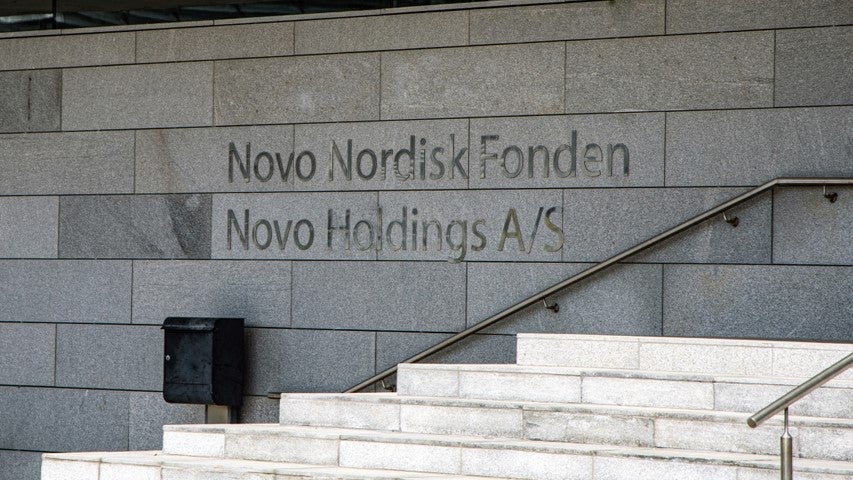The Novo Nordisk Foundation, which oversees the Novo Group, has committed up to Dkr1.8bn ($264.4m) to establish a research and vaccine development initiative.
The initiative for vaccine and immunity (NIVI) will focus on designing vaccines that generate immunity in the respiratory system, said Professor Peter Lawætz Andersen, senior vice president of infectious diseases at Novo Nordisk Foundation, in an interview with Pharmaceutical Technology.
According to Andersen, vaccines for respiratory tract infections are currently limited by their inability to prevent infection and transmission. This was seen with the Covid-19 vaccines, where the vaccine prevented severe disease but not an ongoing transmission.
The NIVI initiative is planned in two phases. Phase I, which will take place between 2024 and 2027, will involve staff recruitment, fostering new partnerships and initiating key research programmes. By the second phase starting from 2028, the NIVI will be fully scalable and have 150-200 staff members. The initial research will focus on developing vaccines for tuberculosis, influenza, and group A streptococcus.
Andersen highlighted that NIVI will focus on developing mRNA and other vaccine modalities side by side to combat the three airborne infectious diseases. The initiative will also test different administration methods including conventional injection in the muscle and nasal sprays.
There has been growing interest in developing universal vaccines against infectious diseases, especially influenza. In June, the French biotech company Osivax started a Phase IIa trial evaluating combination therapy of Osivax’s OVX836 vaccine and quadrivalent influenza vaccines. In October, Emergex Vaccines signed a memorandum of understanding (MOU) with the Saudi Vaccine Industrial Company (VIC) to develop and commercialise T cell-priming immune set-point candidates against infectious disease therapies.
The NIVI initiative was developed in collaboration with the University of Copenhagen, with the initiative's research arm, the Novo Nordisk Foundation Center for Vaccines and Immunity (NCVI), anchored in the University. NCVI is funded by an eight-year grant. The centre also aims to establish other global international academic centres, said Andersen.
The NCVI will have a privately owned vaccine accelerator as an adjacent unit, which will also be owned by the Novo Nordisk Foundation, said Andersen. The accelerator will help in conducting early clinical development, including the first GMP batch and clinical testing up to Phase II. The package would then be licensed to a commercial partner, added Andersen.
NIVI was established as a non-profit and profits generated from the programme will be invested back into the company, said Andersen.
In September, the Novo Nordisk Foundation invested up to Dkr950m to develop a cell therapy manufacturing facility, Cellerator, in Denmark. The Danish facility plans to manufacture cell therapies, especially stem cell therapies, for early clinical trials.









